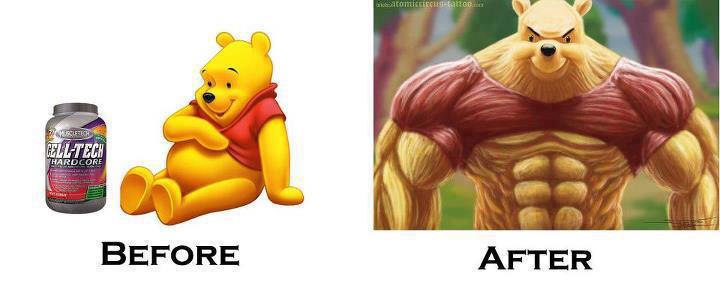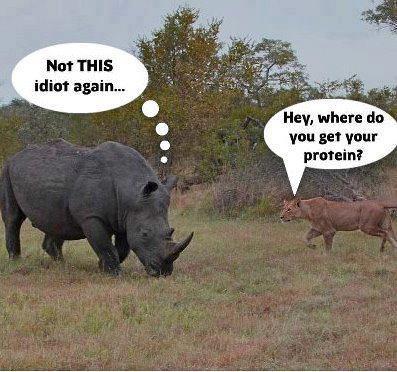A few days ago we posted an article on “over-training.” We wish to give some more insight and information on this topic.
It turns out about an average of 40% (~) athletes will become over-trained / burned-out during their career. The incidence of physical collapse is greater with individual sports than with their team sports counter part. The incidence of burnout, potential for injury, and injury are much greater still with NCAA sports. This is related to the fact that, all their competitions are generally grouped into six week windows, leaving minimal time to regenerate. This is further exasperated by some questionable coaching tactics such as continued training and little, if any, regeneration, during this competitive period.
CAUSES OF OVER-TRAINING
Listed here are some potential causes of over-training. (Note: none of these factors are affecting the organism in complete isolation, but rather it is usually a combination of several factors put together, with perhaps one or more sharing the top berth):
– Excessive training
– Abrupt increase of training volume and/or intensity (more so related to a sudden increase in Volume)
– No application of Regenerative techniques (i.e. sauna, contrast baths, massage and the likes)
– Little variability in the training load (i.e.: all sessions are perceived ‘hard’ by the athlete)
– Frequent competitions and not enough “down time” between competitions
– Inadequate Macro (i.e. proteins, carbs, fats and greens) and Micro nutrition (i.e. vitamins, minerals, legal sports supplements) or hydration
– Poor living conditions (i.e. cramped space, poor sleeping arrangements, etc…)
– Psychological stress (school, friends, coaches, parents, family, etc…)
– Unusual environmental stress (extreme cold, heat, altitude, humidity, etc…)
STRATEGIES TO PREVENT OVER-TRAINING
Research shows that a targeted prevention program can be the athlete’s best ally in addressing over-training. There are several non-invasive ways to incorporate these methods into an athlete’s lifestyle. One of these ways is by the coach, or the athlete, filling out a training journal that analyzes and keeps track of several factors such as:
– Monitoring and individualizing training load (i.e. volume, intensity, density)
– Monitoring athlete’s fatigue, stress and recovery (i.e. tracking of sleep items, mood, appetite, resting heart rate, body weight, saliva and urine pH, motivation to train, Rate of Perceived Exertion (i.e. The Borg Scale))
– Ensuring adequate recovery and sleep (i.e. regenerative methods used to maintain and enhance positive training status (sauna, contrast baths, etc….))
– Ensuring adequate nutrition and hydration (i.e. keeping a food journal to ensure adequate consumption of Macro and micro nutrients)
Here are some general guidelines when it comes to Macro Nutrition:
General Carbohydrate (CHO) Consumption – Accelerate the recovery process with adequate CHO intake immediately after training (1 g CHO/kg of body mass). On a more general note, regular daily CHO usage can follow these guidelines; during light to moderate training days (5-7 g CHO/ kg of body mass); during moderate to heavy days (7-10 g CHO/ kg of body mass); and during days where extreme exercise sessions (>4h/day) are performed (10-12 g CHO/kg of body mass)
General Protein (P) Consumption – Most athletes requires a protein intake no higher than 1.7g/day/kg of body mass.
Post Workout Nutrition – A strategy suggested following a 45 minute workout is as follows: two thirds of a gram of carbohydrate per pound body weight, and about 15 grams of high quality protein, repeated again within 2 hours.
*Optimal CHO and P intake must be scaled up and down based on the energy requirements of training days, competition, recovery days, Fat loss and Muscle gain.
Water Consumption – Athletes should try to drink 1.2 to 1.5L of liquid above their normal regular intake of water, especially when training in hot and humid weather. The rule of thumb is 500ml for every 1 hour of intense exercise during hot weather. Adding a pinch sea salt to your water (one pinch per litre of water), along with some fresh lemon juice and honey, can help maintain electrolytes and blood sugar levels.786





